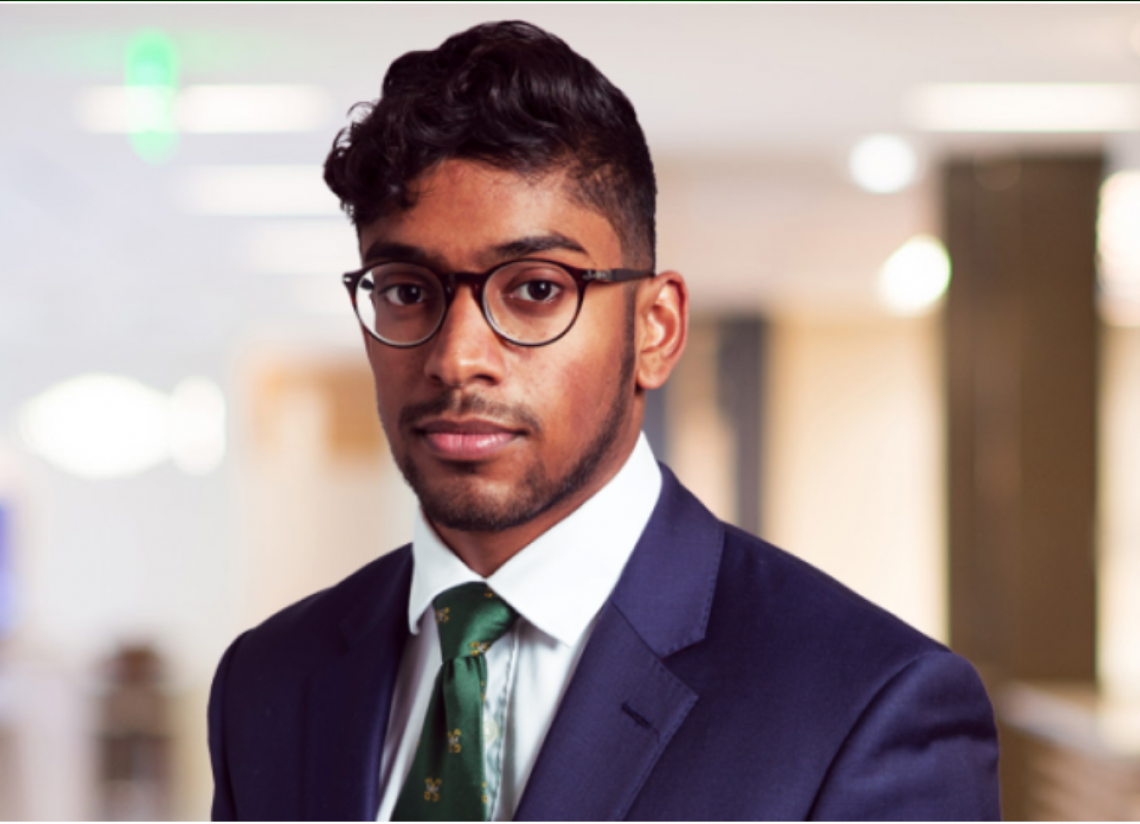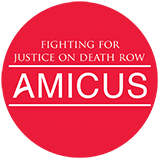
‘We the jury unanimously find…’
The words that follow – rendering the verdict of the jury on two counts of first-degree murder – are etched into my memory. For nearly a month, a carefully curated (*not* randomly selected…) panel of ordinary members of the public listened diligently and painstakingly to the evidence. They listened as the state and defence attorneys skilfully teased out and tested the evidence put before them. Being able to watch the attorneys do that and to assist them in their preparation in the weeks leading up to the start of the death penalty trial was an immense privilege. More than anything, the privilege was to be privy to frank conversations amongst the defence team about trial strategy and decisions.
I worked at a public defender’s office in Florida for three months. The work that I was exposed to, and the responsibility that I was entrusted with, will stay with me forever.
The TV crews filming closing speeches.
The defendant sat at the table alongside counsel during trial (what’s a dock?)
The questions put to hundreds of potential jurors (in open court) on their feelings about the death penalty before empanelling a jury.
Those were some of the differences I immediately noticed. But the most obvious one? That’s easy: the significantly better funded criminal justice system. For a start, the air-conditioning in the courtrooms worked (sometimes too well…), the toilet seats weren’t cracked or literally missing and you could actually find decent food at the on-site café…
At times, I found it emotionally tough. Thoughts, images and words would linger in my head long after the working day had finished. The autopsy photographs. The bodycam footage. The graphic CCTV. That the attorneys I worked with deal intimately with such traumatic events for prolonged periods of time – often without even an acknowledgement of the personal toll such work takes on them psychologically - speaks volumes about their dedication, skill and professionalism. The attorneys at the office supported me and guided me through my time there in the best possible way. They were compassionate, kind and fiercely brilliant lawyers.
The most rewarding part of my stint in the US was the time that I spent with our client in jail. I spent as much time as I could visiting him, often spending hours at a time with him, in conversation. The sheer volume of time I spent in jail – sat directly opposite him in the tiniest of rooms – allowed me to cultivate a genuine relationship with him. The trust and mutual respect allowed us to discuss a wide range of issues: sensitive mitigation evidence, intimate details about his life, his feelings…and of course, the incident from the day in question. Nothing was off the table. Those honest – and sometimes difficult - conversations allowed me to put together a detailed case summary for the attorneys. I continue to work on this case remotely, including liaising with family members.
I am incredibly grateful to Amicus for facilitating the most unique experience of my life, to the Kalisher Trust for their scholarship – without which this would not have been possible – and most importantly, to the wonderful American attorneys who took me under their wing.

